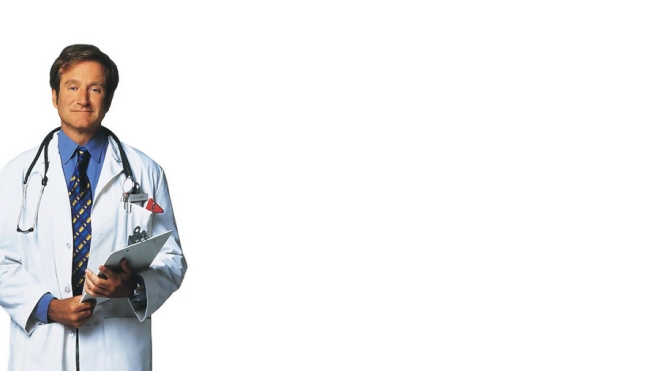The hidden curriculum (again)

The hidden and informal curricula refer to learning that takes place in response to unarticulated processes and constraints, that fall outside the formal medical curriculum. The hidden curriculum has been identified as requiring attention across all levels of learning in medicine, because of its power to shape learners’ attitudes and behaviours in detrimental ways.
A recent study in Canada1 used focus groups of undergraduate and postgraduate learners and faculty to explore knowledge and perceptions relating to the hidden and informal curricula. Thematic analysis was conducted both inductively by research team members and deductively using questions structured by the existing literature. Participants highlighted several themes related to the presence of the hidden and informal curricula in medical training and practice. These included:
• the privileging of some specialties over others;
• the reinforcement of hierarchies within medicine;
• a culture of tolerance towards unprofessional behaviours.
Participants also acknowledged the importance of role-modelling in the development of professional identities and discussed the deterioration in idealism that occurs during medical training.
The authors concluded that common issues pertaining to the hidden curriculum exist across all levels of learners in medicine, including faculty. They state that increased awareness of these issues could allow for the further development of methods to address learning within the hidden curriculum. (What these methods might be were not defined, however.)
It is sad but unsurprising that the themes identified above (which were all very apparent when I trained forty years ago) are still exerting an influence in medical education. The answer surely lies in what PRIME is seeking to do in its work around the world – to make explicit and demonstrate experientially what good professional values, attitudes and behaviours look like in day to day medical practice, and how they can be taught. Only by doing this (making things that are generally part of a negative hidden curriculum, part of a positive explicit curriculum) can the loss of idealism and the development of negative attitudes be supplanted by positive role-models and values. Change is possible, as PRIME has found again and again in various parts of the world, as course participants are enthused and inspired by a learner-centred teaching approach to patient-centred practice. In many places local faculty members have enthusiastically engaged with our methods and materials, introducing them to their own courses on professionalism, communication skills, the doctor-patient relationship and compassionate care. These things need to be part of the taught curriculum, not left to the usually negative role-modelling that forms the hidden curriculum.
Can you identify unhelpful hidden curricula where you work, and do something to make a positive change?
Reference:
1. Doja A. et al. The hidden and informal curriculum across the continuum of training: A cross-sectional qualitative study. Medical Teacher (2015) 14.8

